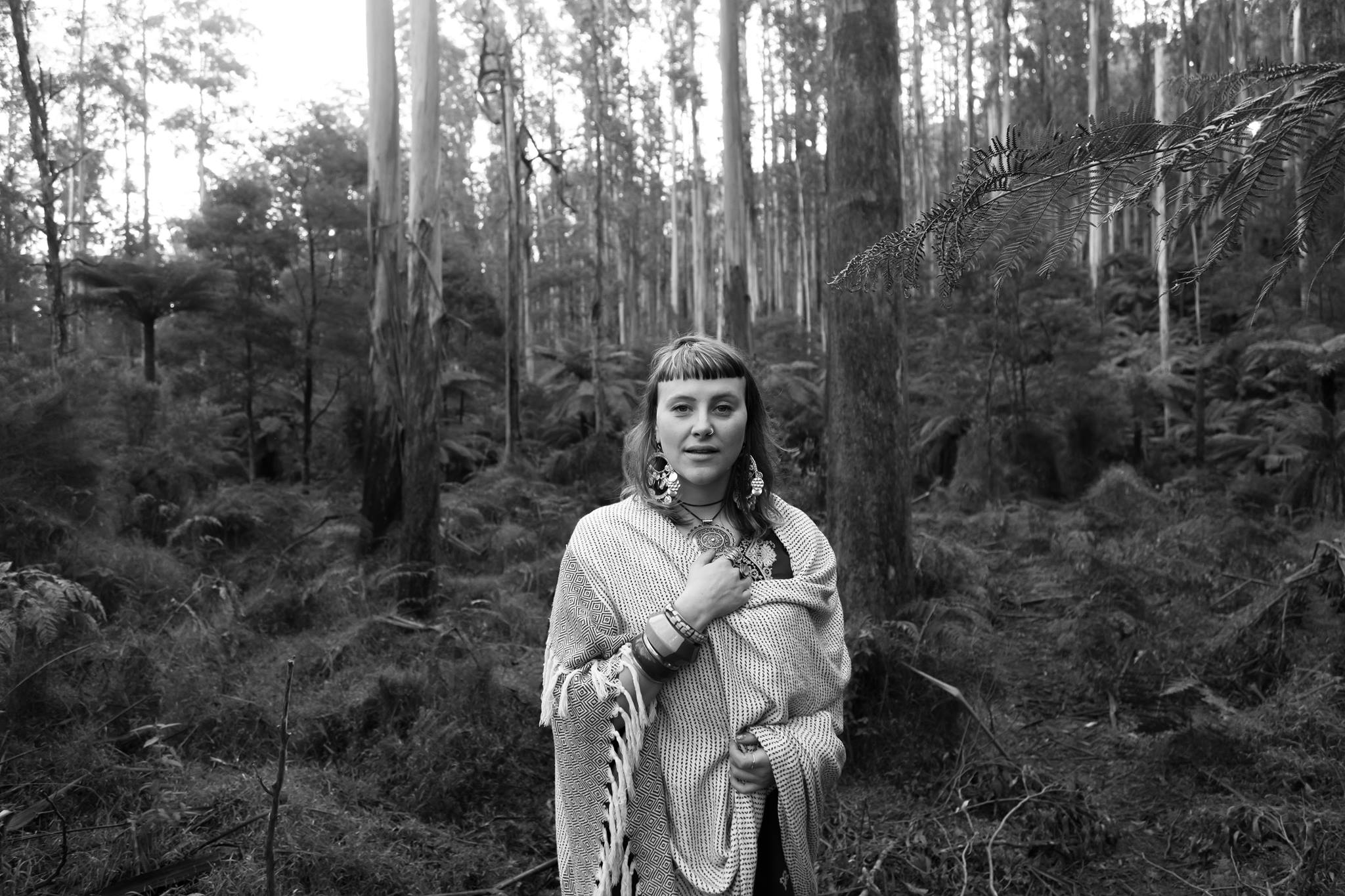Not that the transition has been particularly taxing mind you, given Joy didn’t really have that much to move. “I just had my gear and a box of stuff,” Joy laughs. “That was pretty much it. That was me moving.”
Joy’s ascetic approach to life is reflected in her songwriting: although rich and full, her songs have a distinctly, thrillingly minimalistic element to them. No word is wasted, no key is out of place, and Joy never stretches a sentiment over two lines when she can nail it in one. It might be a cliché to suggest that some people sing from the heart, but Joy’s voice is full of such clarity that it’s tricky to imagine where else she might be singing from.
Of course, the uncompromising nature of that emotional honesty does mean that Joy sometimes feels a little intimidated when it is time to take to the stage. “I don’t necessarily feel nervous when I’m just singing,” Joy says. “when I’m playing with 30/70, I don’t really get as nervous. I feel completely free then.
“But when I’m on my own, I get nervous presenting work that is pretty real. I worry how the audience are going to receive my songs – how they are going to make them feel. I am trying to be as honest and open as I can in my music, and that can sometimes make people feel a little bit funny. Like I worry if my partner’s mum is there, for instance, which happens, y’know, regularly,” She says.
As Joy explains it, her raw, emotive solo work was born out of a desire to feel truly connected to her 30/70 bandmates, and she has long endeavoured to become an adaptable, multidisciplinary musical force. She doesn’t want to be the kind of vocalist who understands the limits of their own voice and nothing else: she wants to have full control over the music she plays.
“When I joined 30/70 everyone [in the band] seemed so strong and in control, and I wanted that too,” she says. “I really wanted to know if I could go it on my own, because I never want to be a singer that’s removed from the band. I want to feel connected to everyone. For that reason I spent some time practising drums, playing guitar, learning to do production, making beats. I want to have the language of an instrumentalist.”
Happily, Joy is blessed with enough time to explore all these avenues: she makes a living solely off creative endeavours, and doesn’t have to work the nine-to-five that some musicians find themselves hampered by. Of course, a full-time life music-making has its downsides too – there’s no better way to suck the fun out of your hobby than to make it the thing you rely upon to pay the rent, after all. Although Joy has found a way around that too.
“Because I work a few different projects it makes it a little easier to make music full-time,” Joy says. “The only way I used to make money with my solo stuff was playing gigs at like, Edinburgh Castle. Sometimes I would have mad connection with the audience because I was playing on my own, but other times it was like, no-one would rock up because I didn’t advertise and it would just be me sitting there, chilling. For some certain gigs, it’s a job, so because there are no expectations it’s really nice. You can be a bit removed.”
But even at her most removed, Joy is still passionate; connected; committed. Hers is a music that bonds audiences, precisely because its emotional power is so strong sometimes it even stuns its creator. “Sometimes when I’m writing, I will surprise myself. Something will come out of me that I didn’t even know that I felt. Or sometimes I almost anticipate what is going to happen – sometimes you write about something and you don’t know it’s going to happen but your sub-conscious does,” Joy laughs, warmly. “It brings out so many different emotions.”

